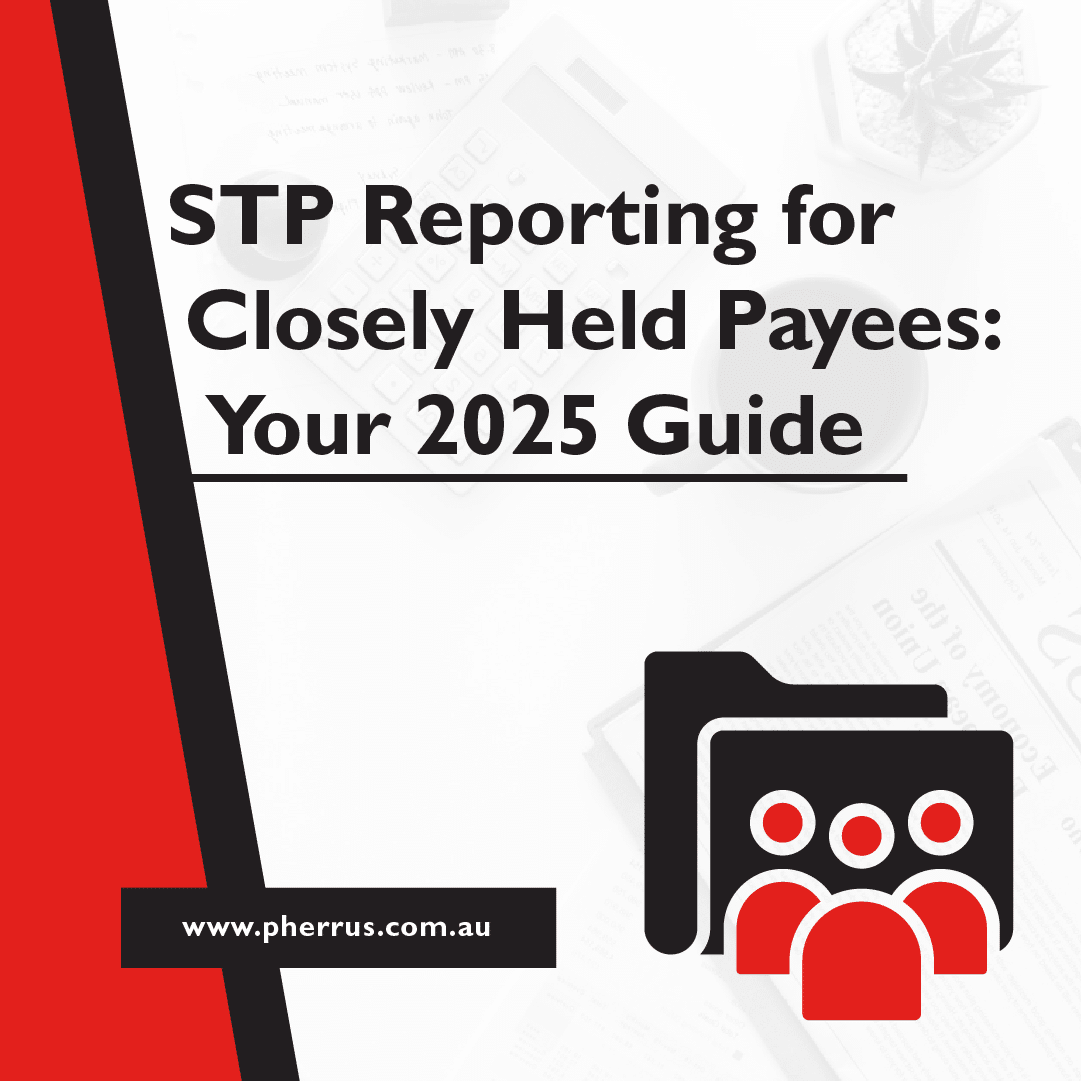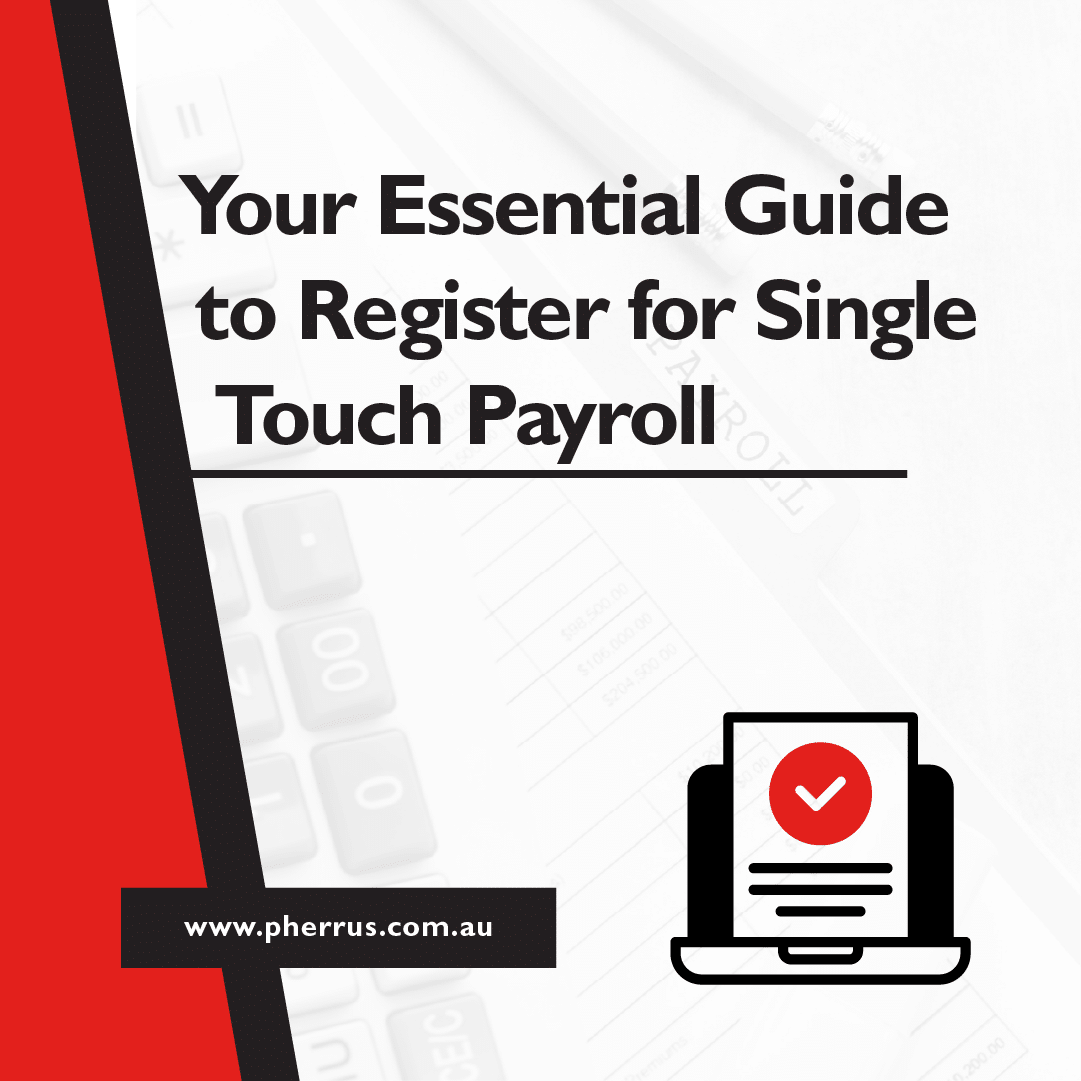If you receive a director penalty notice from the ATO, you mustn’t ignore this warning. Even if you are newly appointed for more than 30 days, you will be eligible to pay any tax debts that the company has incurred personally. Once you have received a penalty notice, there are limited options available to you. In most cases, you will be required to pay the tax debt within 21 days, with entire personal liability if you still do not pay.
It’s important to note that, on a 21-day penalty, the clock starts from when the letter is sent, not received. If you have already reported unpaid amounts within three months of the due date, you also have the option to appoint a liquidator to wind up the company or go into administration. If this does not apply, your only option is to pay.













